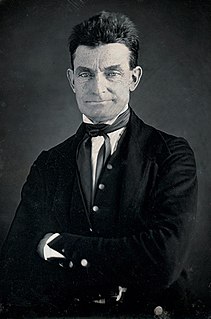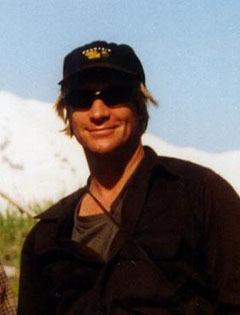A Quote by William Shakespeare
Our remedies oft in ourselves do lie, Which we ascribe to Heaven.
Related Quotes
The wise thing is for us diligently to train ourselves to lie thoughtfully, judiciously; to lie with a good object, and not an evil one; to lie for others' advantage, and not our own; to lie healingly, charitably, humanely, not cruelly, hurtfully, maliciously; to lie gracefully and graciously, not awkwardly and clumsily; to lie firmly, frankly, squarely, with head erect, not haltingly, tortuously, with pusillanimous mien, as being ashamed of our high calling.
The numerous evils to which individual persons are exposed are due to the defects existing in the persons themselves. We complain and seek relief from our own faults; we suffer from the evils which we, by our own free will, inflict on ourselves and ascribe them to God, who is far from being connected with them!





































